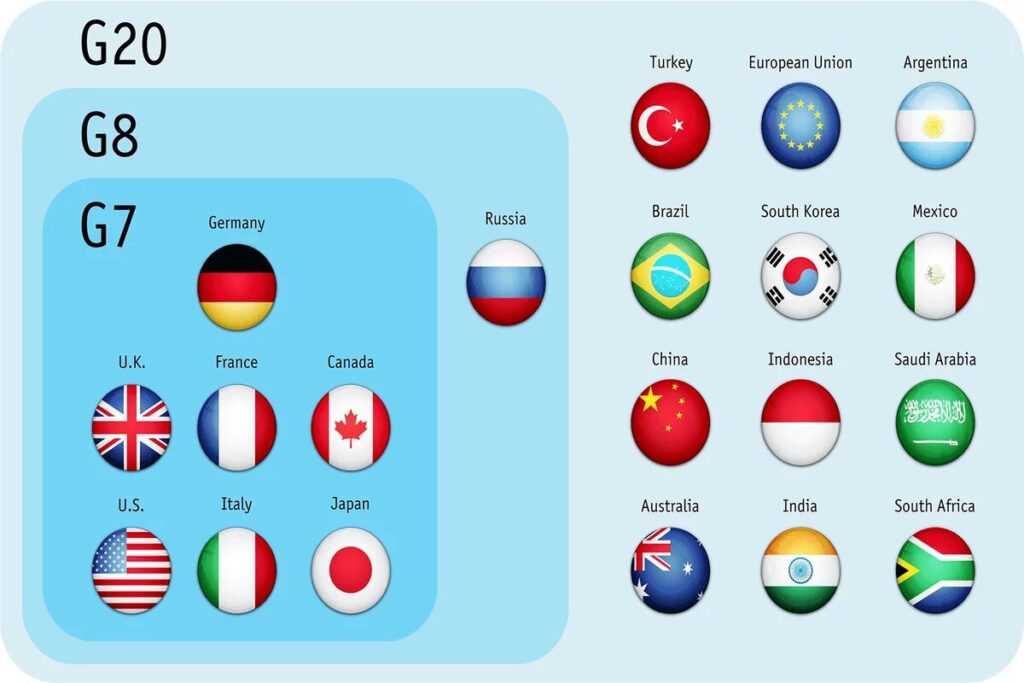
Introduction to G7 Countries
The Group of Seven (G7) consists of seven major advanced economies: Canada, France, Germany, Italy, Japan, the United Kingdom, and the United States. These nations have a significant influence on global economic policies and international relations. The G7 plays a vital role in addressing pressing global challenges like climate change, economic inequality, and international security.
Recent Developments in G7 Summits
In 2023, the G7 held its summit in Hiroshima, Japan, where leaders focused on key issues such as technological advancements, climate change, and global health. During the summit held in May, world leaders reaffirmed their commitment to a rules-based international order, addressing geopolitical tensions and economic disruptions. Notably, discussions included strategies to counter economic coercion and strengthen supply chains, particularly in the face of crises like the COVID-19 pandemic and ongoing conflicts.
One of the summit’s significant announcements was the creation of a Climate Club, aimed at fostering collaboration on climate action among member countries and beyond. This initiative is crucial as climate change remains one of the most pressing challenges facing humanity. The leaders agreed to align their emissions reduction targets and support developing nations in transitioning to sustainable practices.
Economic Cooperation Among G7 Countries
The G7 countries collectively account for approximately 40% of global GDP, making their economic policies highly influential. In 2023, discussions focused on economic recovery post-pandemic and addressing inflationary pressures that have affected many economies worldwide. The G7 emphasized the need for coordination in monetary policies to stabilize global markets.
Trade policies have also been a hot topic, with the members exploring ways to enhance cross-border trade while ensuring fairness and reducing supply chain dependencies that were highlighted by the pandemic. The leaders underscored the importance of supporting free trade while also addressing inequities in global commerce.
Conclusion: The Significance of G7 Countries
The G7 continues to be a crucial platform for the world’s leading economies to engage in dialogue, address challenges, and craft coordinated responses to global issues. As the world faces multifaceted challenges—from climate change to economic instability—the role of the G7 countries in leading these discussions is more important than ever. The upcoming G7 meetings are expected to focus on expanding global partnerships and ensuring that responses to crises are equitable and inclusive.



